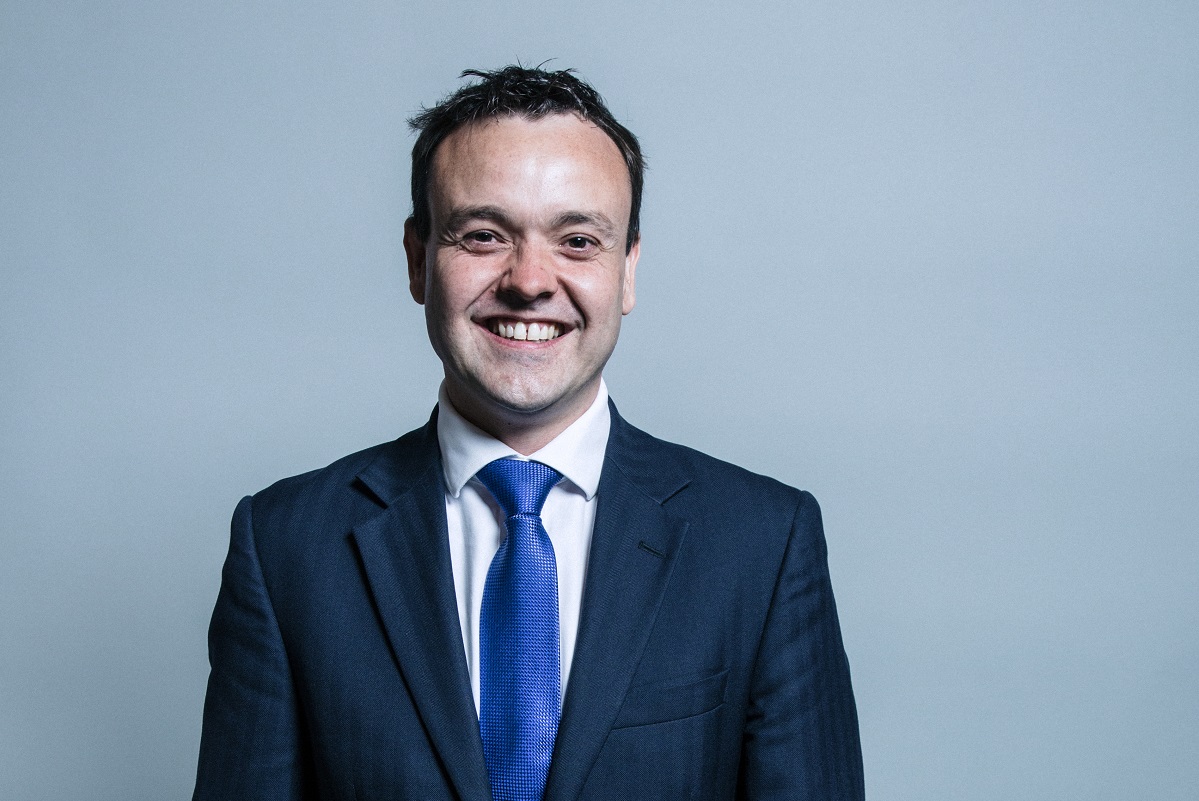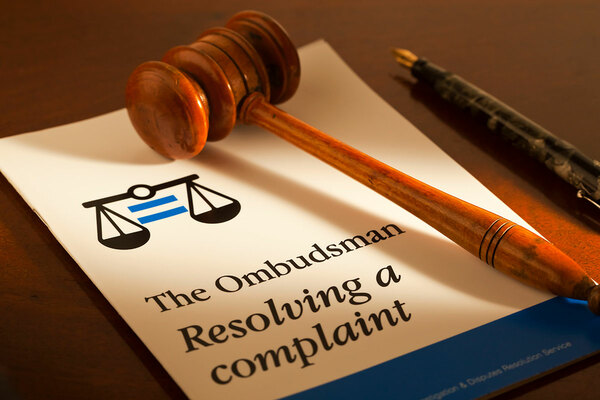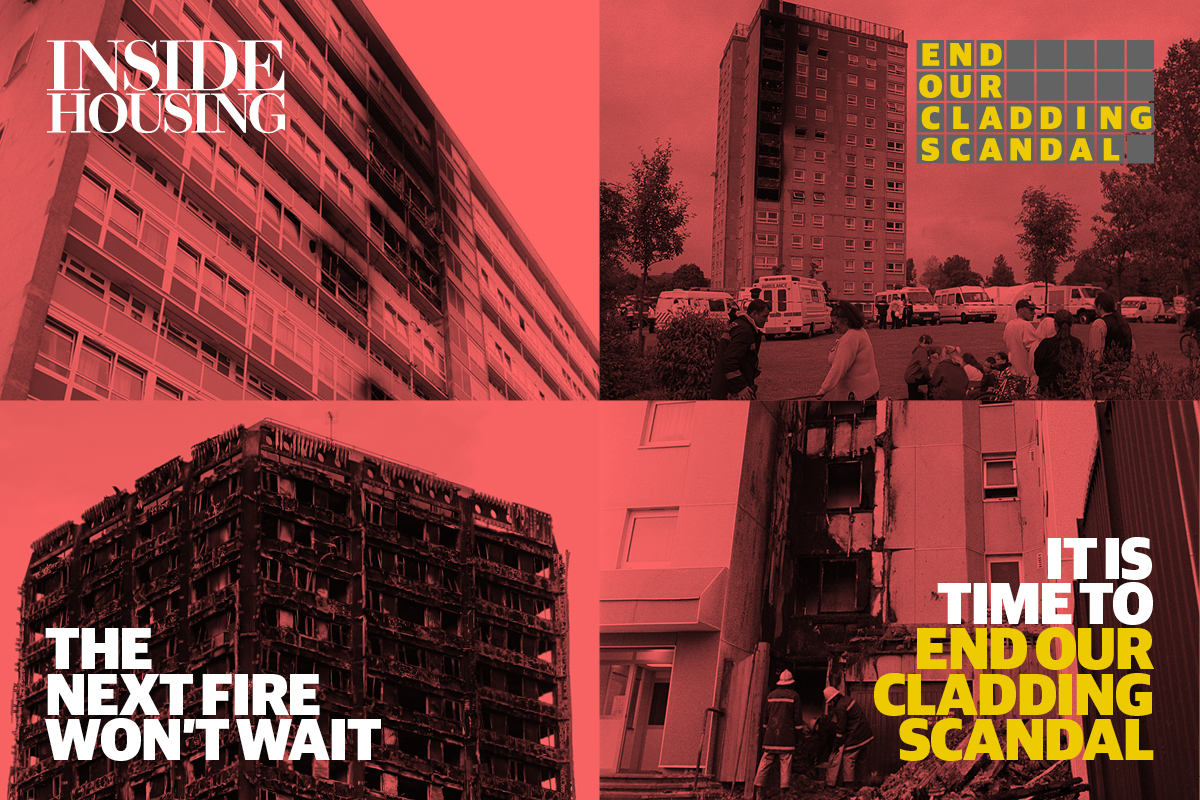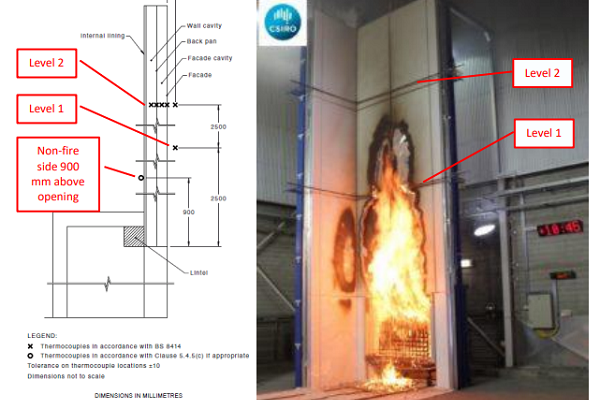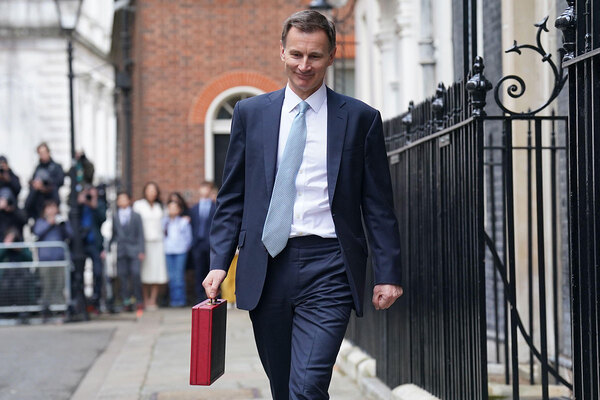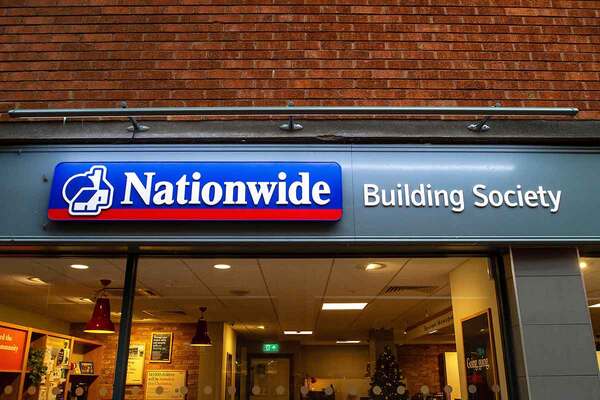You are viewing 1 of your 1 free articles
Forcing leaseholders to pay for cladding costs under Building Safety Bill an ‘abdication of responsibility’, say MPs
Any legislation that would see leaseholders being forced to pay for historic building safety defects would be unacceptable and an “abdication of responsibility” by the government, a new report by MPs has stated.
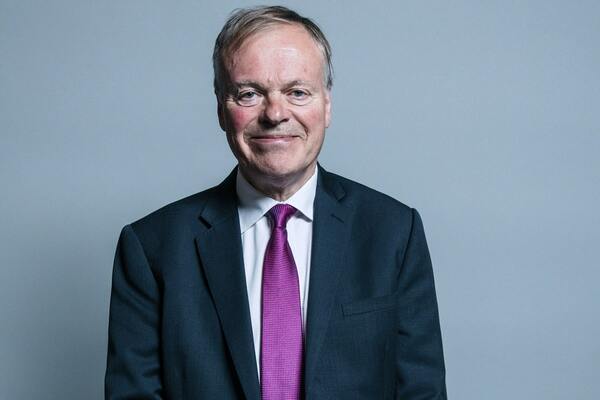
In a report published this morning looking into the Building Safety Bill, the Housing, Communities and Local Government Committee called on the government to recommit to the principle that leaseholders should not pay towards remediating buildings.
As part of its recommendations it said that the committee was “deeply concerned” by the government’s failure to protect leaseholders from historic building safety costs.
The report said: “We are especially disturbed by its commitment to protecting [leaseholders] from only ‘unaffordable costs’.
“It would be unacceptable and an abdication of responsibility to make them contribute a single penny towards the cost of remediating defects for which they were not responsible.”
However, the committee said it welcomed many of the changes the government had put forward in the bill but said more details were needed.
The government has described the Building Safety Bill, which was published in July, as the biggest change to building safety in a generation. The bill sets out a new legislative framework to which developers, freeholders and landlords must adhere, to improve building safety and remedy past defects.
The bill also puts forward the idea of a building safety charge, separate to the service charge, that is intended to ensure that building safety costs are clearly identifiable.
However, despite growing calls for leaseholders to be protected from historic costs, there are clauses in the bill that allow for leaseholders to be charged for these costs, even for issues that pre-date their moving in.
The committee listed in its report several individuals and groups, including the Health and Safety Executive, that argued that no costs should be pushed onto leaseholders. It added: “Quite simply, no one besides the government thinks the leaseholders should pay.”
The committee said that it was evident that industry and the government were jointly responsibility for the costs of remediation. It added that the only way to quickly remove dangerous cladding from buildings was for the government to forward-fund the work and then try to recoup the costs – which is one of the key asks of the campaign End Our Cladding Scandal in its 10-step programme to fix the cladding scandal.
The government has currently set aside £1.6bn to cover the cost of remediating affected buildings. However, the committee said this is not enough and more money needs to be set aside.
The committee also called for the government to provide much more detail about how the proposed changes would work in practice, saying there were some crucial gaps in areas, particularly how the different construction and management gateways would work and the regulation of construction products.
It should also provide a clear timeline for when the new regime will be put in place so that the industry can get ready for these changes.
The committee also recommended that the government produce more guidance on the competencies and skills needed by the new roles proposed in the bill. These include building safety managers, which landlords will need to employ to oversee the safety of buildings and keep residents up to date with changes.
However, many housing associations are confused as to exactly what these roles will look like and who would take them on.
The report said these roles’ duties and competencies needed to be clarified, and called for the building safety manager role, as well as other professions in the design and construction of high-risk buildings, to be subject to accreditation and national standards.
Clive Betts, chair of the committee, said: “Establishing a new regime to ensure that buildings are made safe will require significant changes to how buildings are constructed and maintained. It is crucial that from day one, those tasked with their design, construction and upkeep have no doubt of the new standards they are to adhere to and responsibilities expected of them.
“As it stands, there are still questions over how the broad framework set out in the draft bill will operate in practice. Key definitions remain unclear and responsibilities ill-defined. Before they bring the legislation back to the House of Commons, these areas must be addressed in full.
“The government must also bring an end to the ongoing uncertainty around who will pay the cost for the historic failures in the building safety regime. Leaseholders should not be expected to foot the bill for failures that were not of their making. This has dragged on far too long now and the government must accept that it will have to step in to cover the cost in the short term.
“But we are equally clear in stating that this should be the first step ahead of establishing robust mechanisms to ensure that those who are responsible for fire safety failures finance their remediation.”
A spokesperson for End Our Cladding Scandal – which Inside Housing supports – said: “We note and wholeheartedly agree with the committee’s concerns about leaseholders bearing the costs of ‘a single penny’ towards historical remediation bills and their conclusion that these costs must be excluded from the building safety charge.
“We continue to see little to no progress on the government’s proposals for funding remediation for the huge number of buildings that will not be covered by the current Building Safety Fund. Despite numerous ministers stating that “leaseholders should not pay”, the reality is that without a government-led and Treasury-backed solution to pay to make buildings safe and claim costs back from those responsible, leaseholders will pay.”
An Ministry of Housing, Communities and Local Government (MHCLG) spokesperson said: “Our Building Safety Bill will implement the biggest improvements to the building regulatory system in almost 40 years – ensuring residents are safer in their homes.
“The committee’s report recognises the bill’s wide support from stakeholders and its vital importance in raising standards.
“We are looking at developing affordable solutions where needed and will provide more details in due course.”
10 steps to End Our Cladding Scandal
Based on the recommendations of the Housing, Communities and Local Government Select Committee and backed by a range of sector bodies and MPs from across the political spectrum, these are Inside Housing’s 10 steps to End Our Cladding Scandal:
- The government must lead an urgent national effort to remove all dangerous cladding from buildings by June 2022.
- The Building Safety Fund must cover all buildings, regardless of height, and a range of internal and external fire safety defects, not just cladding.
- The government should provide the money up front and then seek to recover it from any responsible parties or via a temporary levy on development.
- Social housing providers must have full and equal access to the fund.
- The government must compel building owners or managers to be honest with residents about fire safety defects.
- The government should cover the cost of interim safety measures.
- The government should act as an insurer of last resort and underwrite insurance where premiums have soared.
- A fairer, faster process is needed to replace the EWS form and funding is necessary to ensure all buildings requiring a form are surveyed within 12 months.
- Mental health support must be offered to affected residents.
- Protecting residents from historic and future costs must be a key commitment of new building safety legislation.
End Our Cladding Scandal: what our supporters say
Mayor of London, Sadiq Khan: “The Grenfell Tower fire should have been the tragic wake-up call ministers needed to improve building safety. Instead, more than three years on, thousands of Londoners continue to live in unsafe accommodation, dealing with the stress and uncertainty of building owners dragging their feet and the government failing to take responsibility.
“I welcome the work carried out by the Housing, Communities and Local Government Select Committee and I’m proud to back Inside Housing’s campaign to end our cladding scandal.”
Mayor of Greater Manchester, Andy Burnham: “Three years after the tragic fire at Grenfell Tower, thousands of people in Greater Manchester and across the country are still trapped in unsafe flats and facing huge bills. To leave people in limbo in this way is quite simply a shameful state of affairs.
“In Greater Manchester, we established the High Rise Task Force to support our residents and campaign for change, including organising a lobby of Parliament. We will continue to support the Manchester Cladiators and the End Our Cladding Scandal campaign in any way we can and fully endorse this new 10-point plan. It is time for the government to end the cladding nightmare that is blighting so many lives and turn words into action.”
Kate Henderson, chief executive of the National Housing Federation: “Three years on from the Grenfell fire – which caused the greatest loss of life from a fire in Britain since World War II – people up and down the country continue to live in homes with unsafe materials. This crisis must end.
“The government must lead a national, co-ordinated fire safety programme to prioritise works on buildings that are most at risk, while ensuring there are enough experts and resources to complete all safety works. In the meantime, the government must find a viable solution which gives lenders confidence and allows people to sell and remortgage their homes.”
Grenfell United, a group of bereaved families and survivors from the fire: “It’s been three years since the fire that took the lives of our loved ones and neighbours. With this dangerous cladding still on buildings, all it will take is a simple kitchen fire to cause another Grenfell. It could happen at any moment.
“Only the government has the capacity to sort this mess out. They haven’t done enough and every month they stall, they are willingly leaving thousands of people in danger. Rishi Sunak and Robert Jenrick need to step up and make this right.”
Gavin Smart, chief executive of the Chartered Institute of Housing: “The task of removing unsafe cladding from an at-risk building is huge – however, the impact on residents who are living in such blocks cannot be underestimated.
“While the government has pledged a Building Safety Fund to support the removal of unsafe cladding, action has not been swift or targeted enough. Government needs to take action to co-ordinate an approach that ensures that no one continues to leave in fear in their homes.”
Labour shadow housing minister Mike Amesbury: “Over three years on from Grenfell, where 72 people lost their lives, thousands of residents are living in flammable buildings in desperate circumstances. This cladding scandal is now at crisis point, people cannot secure mortgages, flats are unsellable, and waking watch and insurance premiums are beyond the means of leaseholders.
“This call is a call for urgent and decisive action from the government by campaigners up and down the land.”
Jane Duncan, chair of the expert advisory group on fire safety at the Royal Institute of British Architects: “The fact many thousands of people remain at financial risk and in fear for their lives because they are still living in buildings with dangerous combustible cladding is appalling.
“Alongside the extension of the Building Safety Fund, immediate measures must be taken to remediate these buildings and the Building Safety Bill must deliver to ensure no one has to experience such a disastrous ‘cladding scandal’ again.”
Michael Mansfield QC, representing a collective of lawyers working for Grenfell Tower families: “There are many more Grenfell fires waiting to happen. Thousands of citizens are at risk.
“After three years it is a disgrace that this risk has not been eradicated by the removal of all combustible cladding. With the advent of more lockdown, the message is clear and urgent: CLAD OFF!”
Matt Wrack, general secretary of the Fire Brigades Union: “Grenfell exposed the scandal of building safety in the UK, after years of ignored warnings from residents and firefighters.
“There are huge numbers of people trapped in dangerous homes desperate for help, but the government has consistently looked the other way, instead offering empty promises and ineffective policies.
“Serious action is needed to prevent another Grenfell happening again. That means going after those who have built and profited off these dangerous homes and ensuring that residents aren’t made to foot the bill for vital remediation work.
“We are already over three years since the tragic night of 14 June 2017, fixing the building safety crisis cannot wait any longer."
Actor and comedian Kathy Burke: “I fully back this campaign. After the horror of Grenfell, which the whole world bore witness to, I find it absolutely terrifying and quite frankly inhumane that people are still living in extremely dangerous buildings without any financial help in making them safe for now or for the future.”
Christina McAnea, assistant general secretary at Unison: “The pandemic has exposed the inadequacy of the housing system and highlighted the importance of safe homes. Yet, three years on after Grenfell, thousands of families are still trapped in unsafe homes. This includes public service workers who are working hard to support communities and protect lives.
“The Grenfell Tower tragedy must not be forgotten, nor must justice for the families whose lives have been affected. Unison supports the End Our Cladding Scandal campaign, which calls for robust measures to make homes safe so that no one is left behind.”

